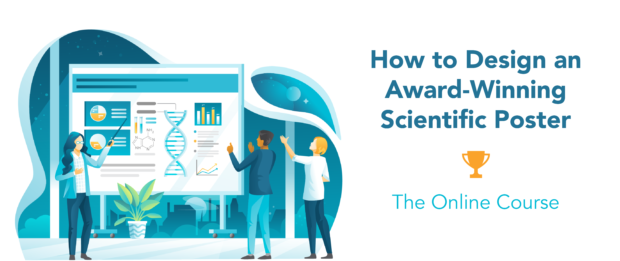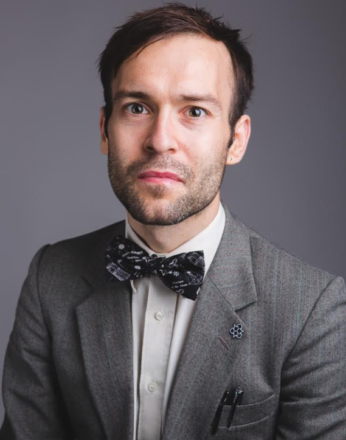Official notice of 2020 Australian Science Communicators AGM (online via Zoom)
This is the official notice of the Australian Science Communicators’ Annual General Meeting, to be held online via zoom on THURSDAY 10 DECEMBER 2020 (please note new date)
The 2020 AGM is an opportunity for members to hear about the year’s events at the national level, and also to have their say about what should happen in the year to come. It also includes reports from the President and Treasurer.
When: Thursday 10 December
Perth: 5pm
Brisbane: 7pm
Adelaide/Darwin: 7.30pm
Sydney/Melb/Canberra: 8pm
Where: Online via zoom (please RSVP and you will be emailed a link to join).
RSVP via Form below or via this link
Only financial ASC members are eligible to attend the AGM. Please check you have renewed your membership community.asc.asn.au
Executive Council Positions
Given the turmoil of 2020, the current executive has offered to remain in to provide caretaker/continuity to the organisation over 2020/21.
The current ASC President Lisa Bailey will be remaining in the President’s role.
The current ASC Secretary position shared by Shiloh Gerrity and Michelle Riedlinger will continue.
The current ASC Treasurer Aiden Muirhead will continue.
The current ASC Vice President Lynette Plenderleith will continue.
If you are interested in joining the Executive Council (as Treasurer, Secretary, Vice President x 2), then please contact the National Secretary. If more than one person is interested in a particular position, then an election will take place.
Reps on the National Council
Branches are required to nominate and endorse a National Representative to join the National Council at their Branch AGM. If this has happened, please notified the National Secretary.
Agenda items and notices of motions
Proposed agenda items, notices of motion must be received by 5.30pm (AEDT) Tuesday 1 December 2020 and can be sent to president@asc.asn.au. Note that notices of motion require a proposer and a seconder.
Proxies
Members unable to attend the AGM in person can provide an online proxy. This will allow members to nominate another current ASC member attending the meeting to hold their proxy, or alternatively the National Secretary. Instructions for nominating proxies will be circulated prior to the AGM along with the final notification of official business. Please note, organisations that have a membership may nominate only one (1) representative to vote.
The following items are current as of 3 November 2020:
- 2020 AGM Agenda
- ASC Constitution
- Minutes from the previous AGM (November 2019)



